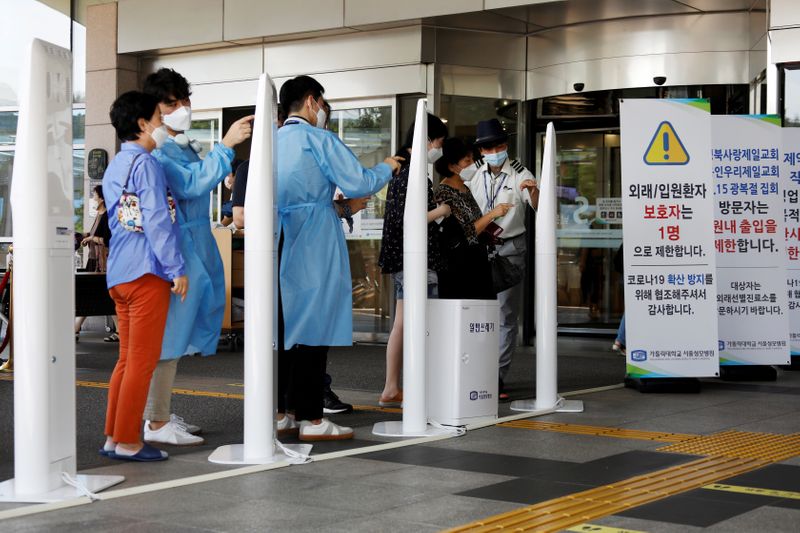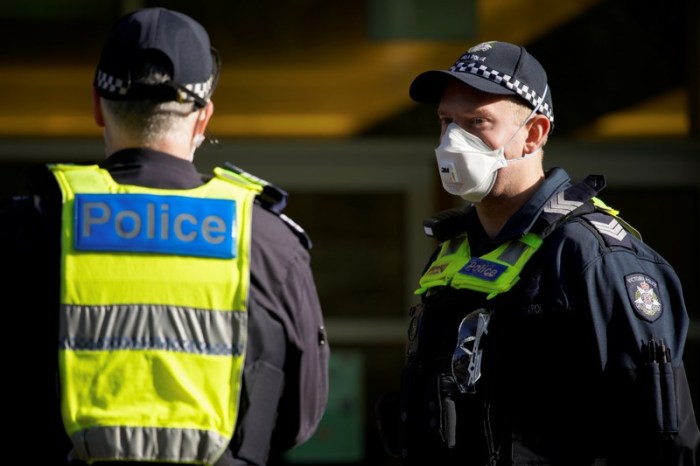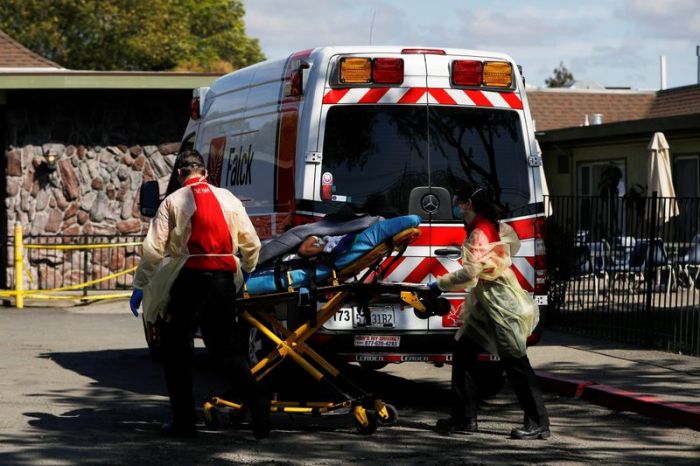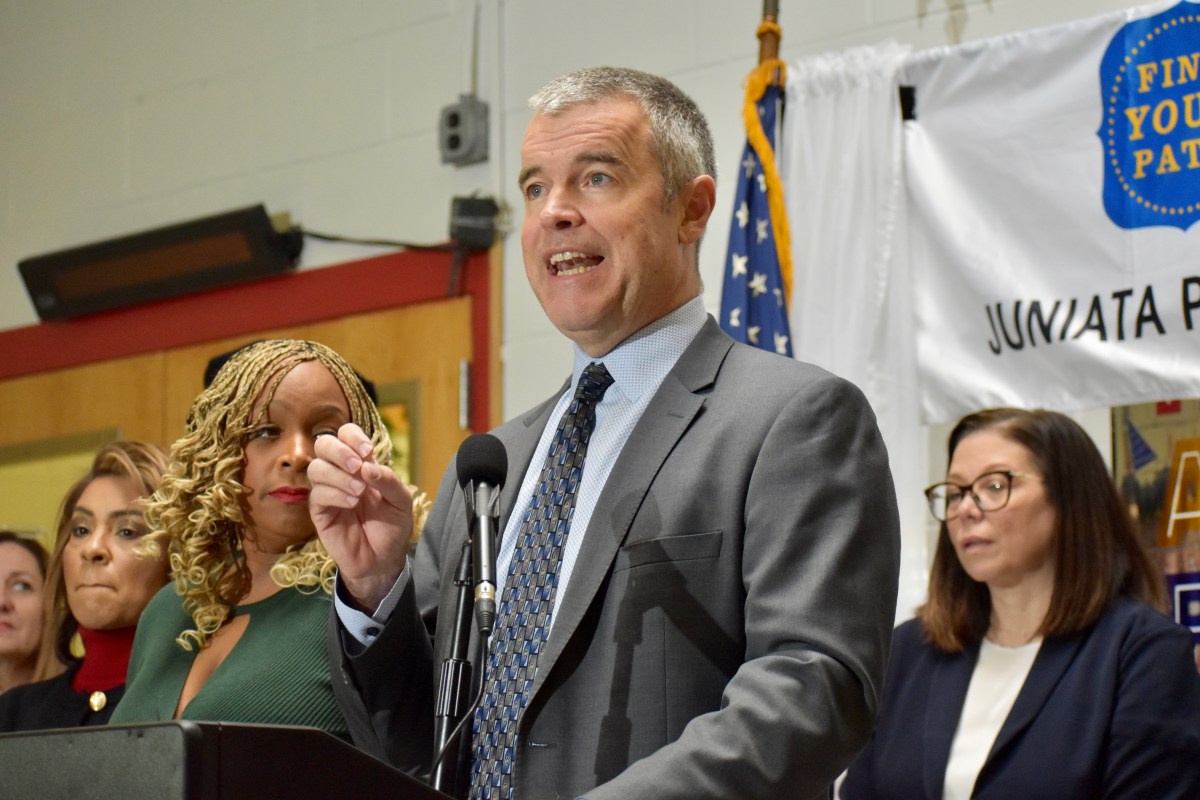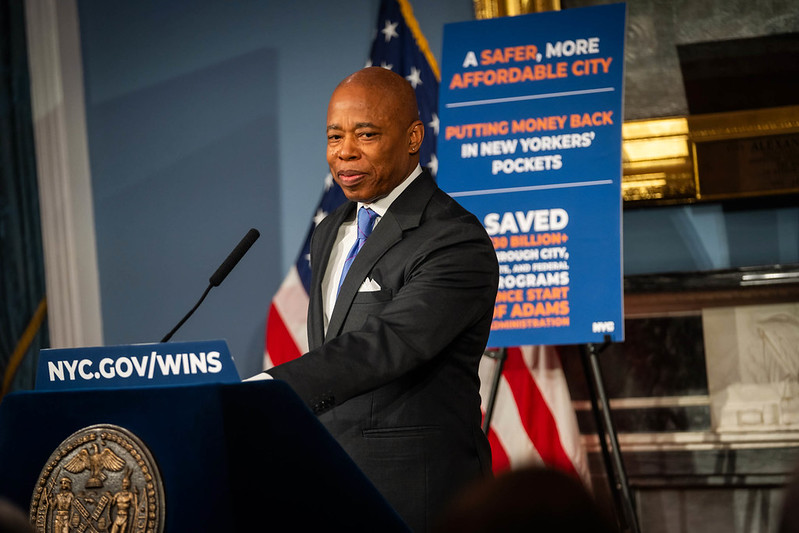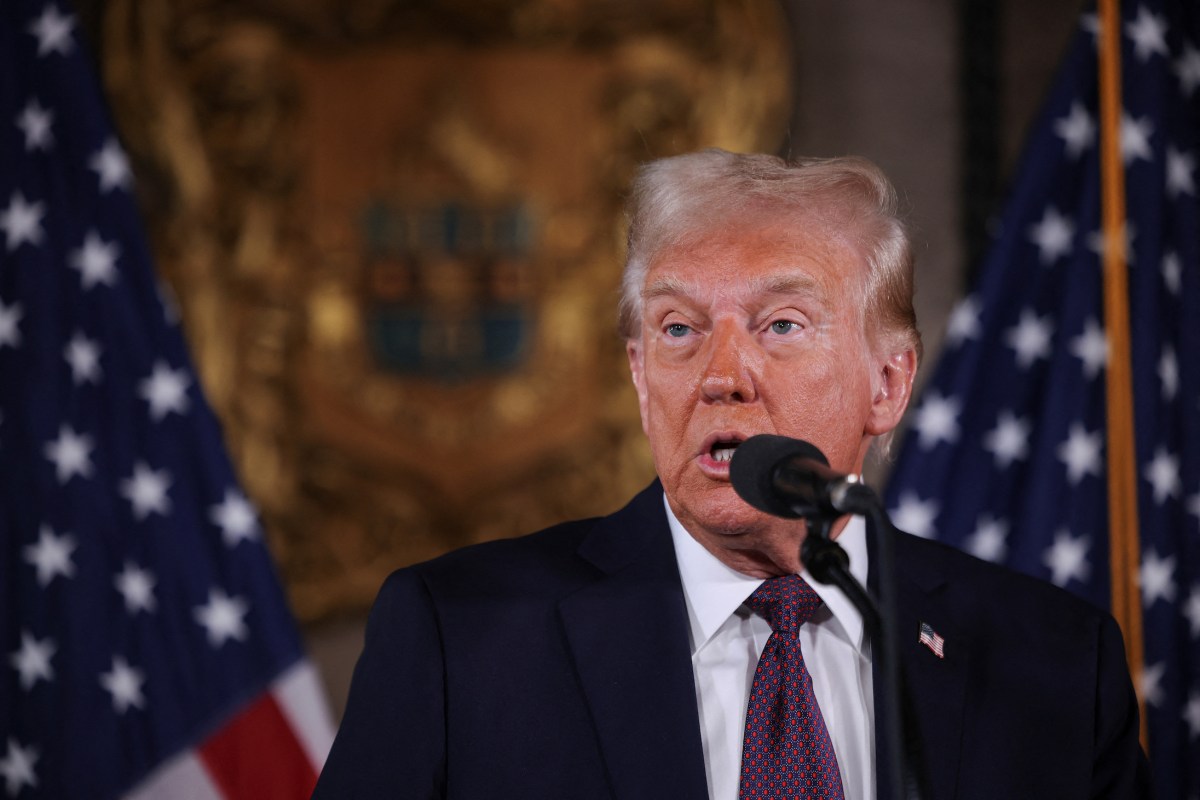SEOUL (Reuters) – South Korea on Sunday reported the smallest daily rise in coronavirus infections in three weeks as tighter restrictions cap a second wave.
The Korea Center for Disease Control and Prevention (KCDC) reported 167 new cases of the virus in the 24 hours until midnight on Saturday, down from 168 the previous day. This brings South Korea’s total number of COVID-19 infections to 21,177, with 334 deaths.
South Korea’s success in crushing early outbreaks of the coronavirus was partially reversed by a wave of infections in mid-August that began at a church. Cases peaked at 441 in late August but since then tougher social distancing curbs have taken effect.
“With stricter social distancing rules, new coronavirus cases have continued to drift down and we expect to see drops in new cases,” Sohn Young-rae, a spokesman for the South Korean Ministry of Health and Welfare, said in a briefing.
The government on Friday extended the curbs until Sept. 13, saying more time is needed to induce sharper drops in new infections.
The measures have included unprecedented restrictions on eateries in the Seoul area, where the spread is concentrated, banning onsite dining after 9 p.m. and limiting coffee and bakery franchises to takeout and delivery all day.
Health authorities have recommended that people should not return to their hometowns or visit relatives for the widely celebrated Chuseok holiday, Korea’s Thanksgiving holiday, but said they would not stop them from doing so. Chuseok starts at the end of September and lasts until early October.
South Korea’s efforts to fight the coronavirus have been complicated by a strike of 16,000 interns and resident doctors who oppose the government’s plans to reform the medical sector to better handle future epidemics.
The top medical body agreed on Friday to end the walkout, only to face an immediate backlash from trainee doctors who rejected the deal and continued the strike.
Trainee physicians do not plan to comply with the agreement and plan to decide when to return to work on Monday, Yonhap news agency reported on Sunday.
The South Korean government and the ruling Democratic party on Sunday agreed to pursue a fourth supplementary budget worth more than 7 trillion won ($5.90 billion), most of which would be funded by treasury bonds, a Democratic party spokesperson said in a statement.
The party plans to submit the budget plan to parliament this week for implementation before the Chuseok holiday in order to provide emergency support for people impacted by the coronavirus.
(Reporting by Heekyong Yang; Additional reporting by Joori Roh; Editing by William Mallard, Christian Schmollinger and Raissa Kasolowsky)

